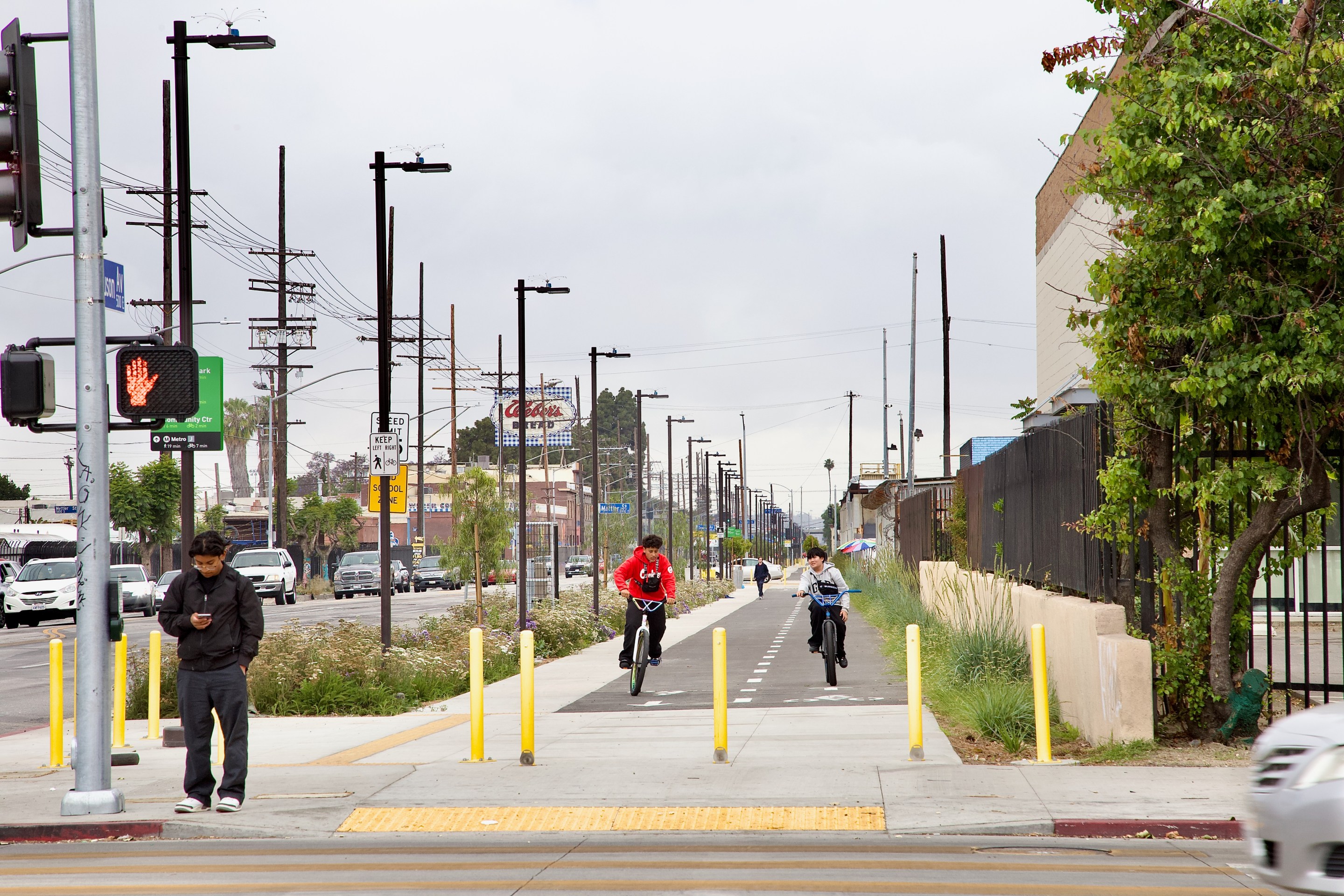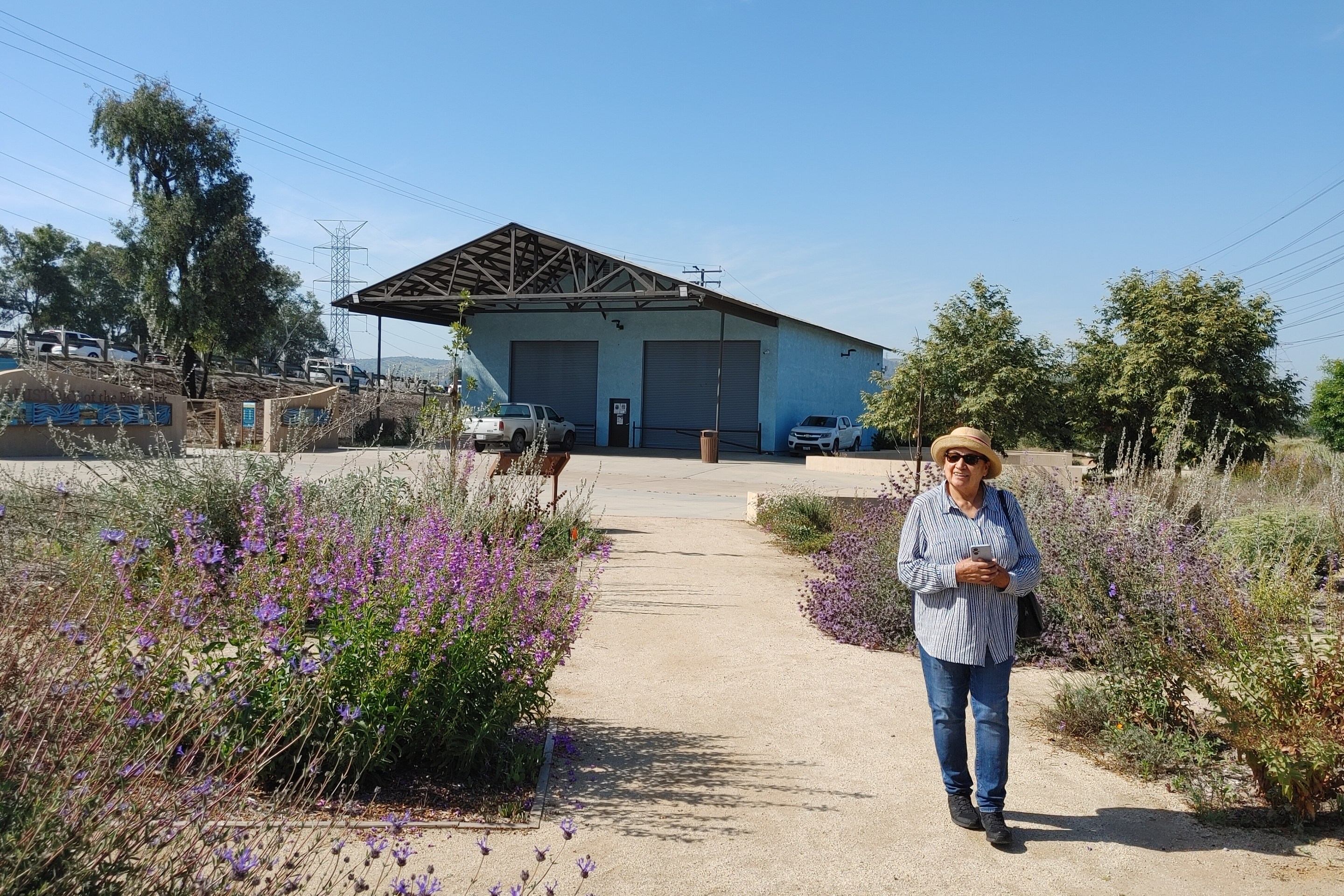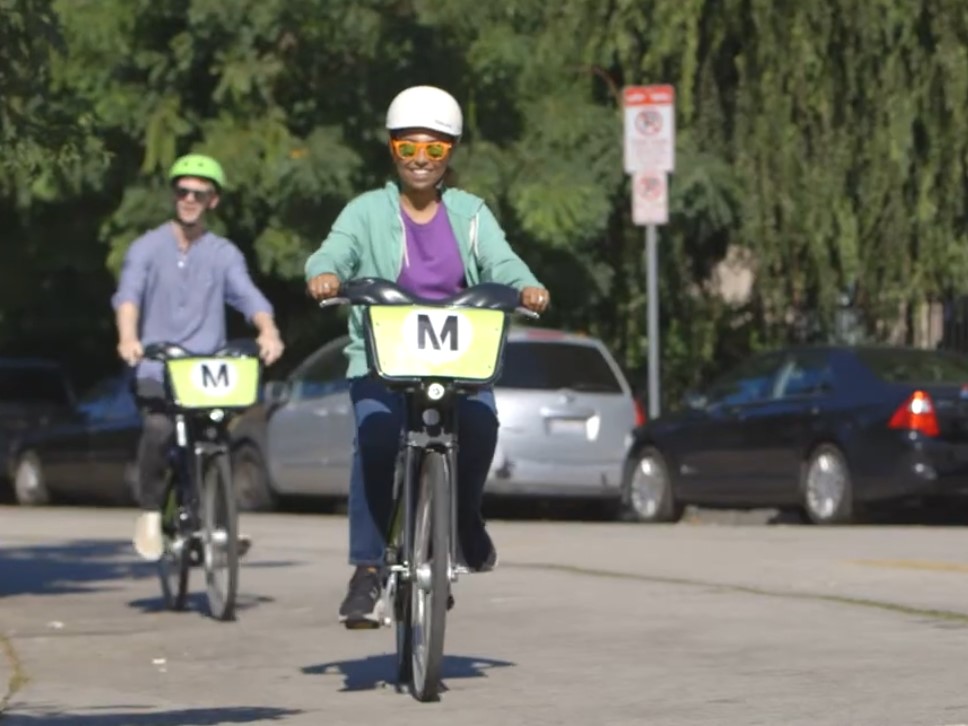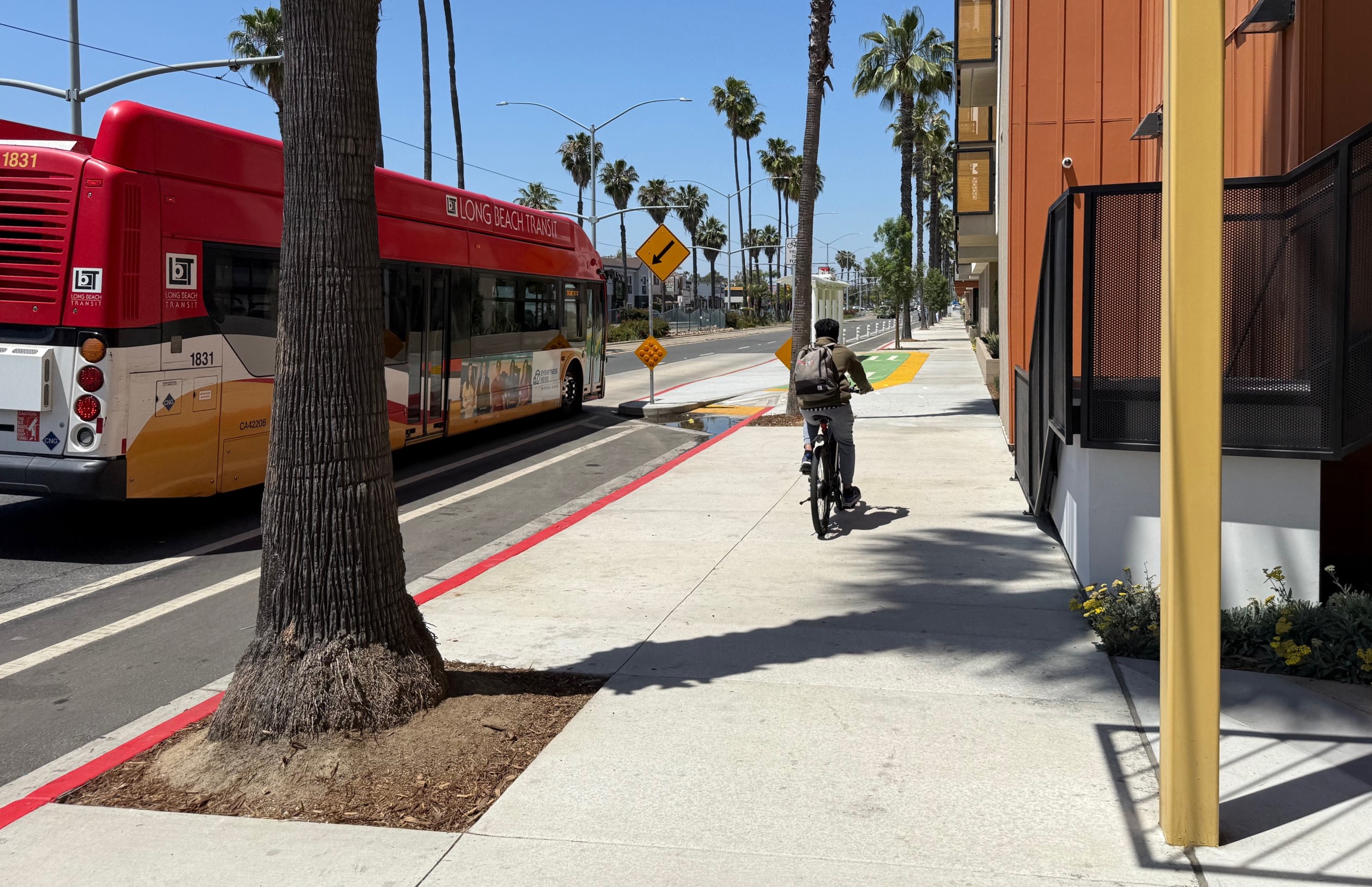
In what's being called a "rare burst of bipartisanship," the House of Representatives overwhelmingly passed a bill yesterday reauthorizing Amtrak funding for four years at its current levels.
Despite a last-minute, Koch brothers-backed push to eliminate funding for the railroad completely, the House advanced its bill to provide Amtrak with $1.7 billion annually for four years. It's not the funding boost rail advocates were hoping for, but it's not a setback either, keeping funding fairly steady.
The bill also contains a few interesting amendments that seek to make the nation's intercity rail carrier more efficient and passenger-friendly.
The Northeast Corridor Can Reinvest Its Profits
The Northeast Corridor, running between Boston and Washington, is Amtrak's most profitable service, generating a combined operating surplus of $205 million in 2011, according to the Brookings Institution. More than 35 percent of all Amtrak trips are on these tracks. But those operating profits have been sunk back into Amtrak's money-losing routes -- mainly long-distance ones serving inland cities.
The new bill will allow profits from the Northeast Corridor to be reinvested in its infrastructure, which is infamously decrepit.
Pressure for Roll-On Bike Service
Advocates were excited about this one, but it's not quite as exciting as some have suggested. An amendment offered by Congressman Dan Lipinski will force the Amtrak Office of the Inspector General to study and consider passengers using "non-motorized" transportation. Bike advocates around the country pushed for this because they hope it will pressure the agency to allow standard roll-on bike service, so travelers can easily bring bikes with them. Most routes currently require passengers to disassemble bikes and transport them in a special box.
A growing number of routes, under political pressure, have begun offering roll-on service. Amtrak announced last year that it was adding new baggage cars on its long-distance routes equipped for transporting assembled bikes, but most routes still do not offer the service.
Full-Cost Food Service
Score one for fiscal conservatism. House Republicans made hay a few years ago when an audit revealed that Amtrak had lost more than $800 million on its food service in the span of a decade. An amendment from Republican Congressman Paul Gozar of Arizona will require the agency to include the price of labor in its food sales. That means coffee and those fancy sit-down dinners should be getting more expensive. And the GOP will have to find a new punching bag.






